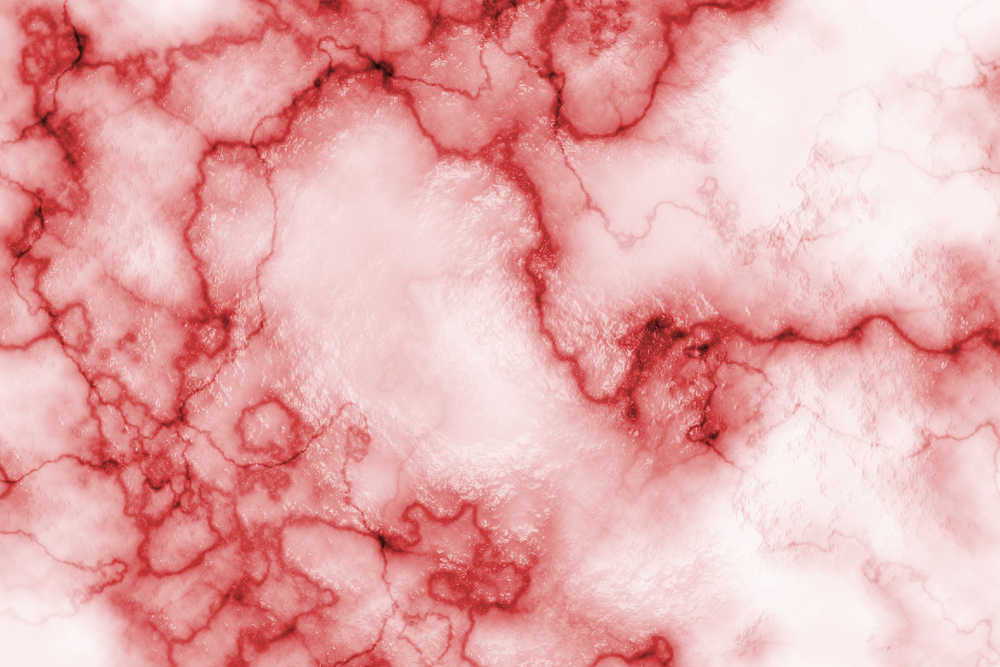Khloto Promotes Formation of Blood Vessels, Could Be Novel Scleroderma Treatment
Written by |

Treating endothelial cells obtained from scleroderma patients with an enzyme called khloto effectively improves their function, according to a new study. This finding suggests that molecules that can act in the same way as khloto could constitute a novel therapeutic option to slow down some aspects of scleroderma.
The study, “Proangiogenic effects of soluble α-Klotho on systemic sclerosis dermal microvascular endothelial cells,” appeared in the journal Arthritis Research and Therapy.
Endothelial cells line the inside of blood vessels. Scleroderma causes these cells to die, leading to abnormal angiogenesis (formation of new blood vessels) and microvasculopathy (disease of the microvasculature, the smallest system of blood vessels in the body that distribute blood within tissues).
It is known that the khloto enzyme has anti-oxidant properties that can protect blood vessels. In order to investigate whether khloto can improve the formation of new blood vessels, a team of researchers led by Dr. Marco Matucci-Cerinic, director of the University of Florence’s Division of Medicine and Rheumatology in Italy, grew microvascular endothelial cells obtained from the skin of scleroderma patients and healthy controls in the laboratory.
The researchers first analyzed wound healing in healthy cells. They divided the cells into three groups and treated one group with serum from healthy controls, the second with serum from scleroderma patients, and the third with serum from scleroderma patients with the addition of khloto.
The team found that serum from scleroderma patients inhibited the wound-healing ability of healthy endothelial cells. However, the addition of khloto counteracted this inhibitory effect.
Next, the researchers analyzed the effect of khloto on the formation of capillary blood vessels and found that the enzyme significantly improved the formation of new blood vessels and maintained the formation of capillary blood vessel-like tubes.
When they analyzed protein expression, the researchers saw that the levels of natural khloto in cells obtained from scleroderma patients were significantly lower than in cells obtained from healthy controls.
Similarly, levels of another protein called TRPC-1 — which khloto interacts with to maintain the integrity of endothelial cells — were also lower in scleroderma patient’s cells. Conversely, the levels of two other proteins called VEGFR-2 and VEGF165b (anti-angiogenesis protein) were higher, suggesting that the equilibrium of the cells is impaired.
Treating scleroderma cells with khloto resulted in higher levels of TRPC-1, which promotes cell proliferation, and a decrease in the levels of VEGF165b, which causes programmed cell death.
Taken together, these findings led the researchers to conclude that khloto can effectively improve the function of endothelial cells in scleroderma, at least in vitro, by acting as a powerful factor promoting the formation of new blood vessels.
“Further studies will be necessary to investigate how [khloto] may regulate the microvascular milieu in Scleroderma and to clarify whether [its] administration might be useful to counteract [scleroderma]-related endothelial dysfunction,” the authors wrote.





